Roberta Radley – Harmonic Ear Training: Recognizing Chord Progressions
$1,250.00 Original price was: $1,250.00.$250.00Current price is: $250.00.
Digital Download: You will receive a download link via your order email after successful payment.
Whether you’re playing your instrument, composing, arranging, improvising, or transcribing, the ability to quickly and effectively recognize chord progressions is a necessity for the serious musician.
Harmonic Ear Training: Recognizing Chord Progressions
Whether you’re playing your instrument, composing, arranging, improvising, or transcribing, the ability to quickly and effectively recognize chord progressions is a necessity for the serious musician. Harmonic Ear Training: Recognizing Chord Progressions details a step-by-step “vertical” (from the root up) and “horizontal” (using the song’s key as a reference point) approach to hearing chord changes and progressions. By engaging in a variety of solfege exercises and voice-leading demonstrations, as well as weekly assignments that involve transcribing contemporary music examples, students will learn to internalize the music and identify chords and progressions with ease and confidence. Put your theory background into practice, and learn the practical techniques and ear training exercises that will work for you in your musical life every day.
What Is the Course Like?
Each week, you’ll complete interactive online lessons, animated demos, and engage in ear training activities that will improve your listening skills and enhance your ability to recognize chord progressions. Your instructor will give you direct feedback on each assignment, and because all assignments are posted, you will also have the opportunity to review your classmates’ work and learn from them. You can contribute to ongoing threads on the discussion board, which connect you to your classmates and instructor on a daily basis. If you need help on anything, you can chat with your instructor during office-hours each week.
By the end of this course, you will:
- Use a step-by-step approach to identify all types of chords and progressions quickly and easily.
- Gain a solid foundation in ear training to enhance all your musical pursuits.
- Apply practical techniques and exercises to improve your performing, composing, arranging, transcribing or improvising skills.
Syllabus
Lesson 1 Bass Lines and the Major Sound
Lesson 2 More Bass Lines and the Minor Sound
Lesson 3 Introducing Voice Leading and New Triads
Lesson 4 Introducing Seventh Chords and Guide Tones
Lesson 5 More Seventh Chords with Guide Tones
Lesson 6 Diatonic Inversions and the Passing 7th
Lesson 7 Introducing the Chromatic Scale and Melody/Harmony Relationships
Lesson 8 Introducing Secondary Dominants and More on Melody/Harmony Relationships
Lesson 9 More on Secondary Dominants and the Melody/Harmony Relationship
Lesson 10 Introducing the II V Pattern and More on Guide-Tone Lines
Lesson 11 Arranging, Reharmonizing, and Creating Chord Progressions
Lesson 12 Review and Wrap-Up
Requirements
Prerequisites and Course-Specific Requirements
Completion of Basic Ear Training or equivalent knowledge and experience is required.
Required Textbook(s)
- The Real Easy Ear Training Book by Roberta Radley, Sher Music Co.
Recommended DVD
- Harmonic Ear Training by Roberta Radley, Berklee Press/Hal Leonard
Software Requirements
- Finale NotePad, Finale (full version), or MuseScore
- A basic audio recording tool that will allow you to record yourself and save the recording in MP3 format. You will have a tool to use for this purpose inside the learning environment. Alternatively, you can use software like Audacity (PC) or GarageBand (Mac)
Hardware Requirements
- A built-in microphone or an external microphone plugged directly into your computer (via built in ports or an external audio interface)
General Course Requirements
Below are the minimum requirements to access the course environment and participate in live chats. Please make sure to also check the Prerequisites and Course-Specific Requirements section above, and ensure your computer meets or exceeds the minimum system requirements for all software needed for your course.
Mac Users
- OS X 10.10 Yosemite or higher
PC Users
- Windows 7 or higher
All Users
- Latest version of Google Chrome
- Zoom meeting software (available in the course when joining your first chat)
- Webcam
- Speakers or headphones
- External or internal Microphone
- Broadband Internet connection
Instructors
Author & Instructor
Roberta Radley is assistant chair in the Ear Training Department at Berklee College of Music. A Berklee graduate with a degree in composition, she joined the faculty in 1976. Since then, Radley has taught a wide range of ear training classes, using innovative methods to help students hear music more analytically, and earning recognition for outstanding achievement in music education from Berklee.
What’s Next?
When taken for credit, Harmonic Ear Training: Recognizing Chord Progressions can be applied towards these associated programs:
Associated Certificate Programs
- General Music Studies Professional Certificate
- General Music Studies Advanced Professional Certificate
- Theory, Harmony & Ear Training Advanced Professional Certificate
Associated Degree Majors
- Bachelor’s Degree in Music Production
- Bachelor’s Degree in Music Business
- Bachelor’s Degree in Music Composition for Film, TV, and Games
- Bachelor’s Degree in Interdisciplinary Music Studies (Create Your Own Major)
- Bachelor’s Degree in Electronic Music Production and Sound Design
- Bachelor’s Degree in Songwriting
- Bachelor’s Degree in Guitar
- Bachelor’s Degree in Songwriting and Producing Music
Get Download Roberta Radley – Harmonic Ear Training: Recognizing Chord Progressions at IMC.sale today!
Delivery Method
– After your purchase, you’ll see a View your orders link which goes to the Downloads page. Here, you can download all the files associated with your order.
– Downloads are available once your payment is confirmed, we’ll also send you a download notification email separate from any transaction notification emails you receive from IMC.sale.
– Since it is a digital copy, our suggestion is to download and save it to your hard drive. In case the link is broken for any reason, please contact us and we will resend the new download link.
– If you cannot find the download link, please don’t worry about that. We will update and notify you as soon as possible at 8:00 AM – 8:00 PM (UTC+8).
Thank You For Shopping With Us!

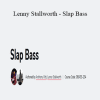
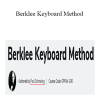
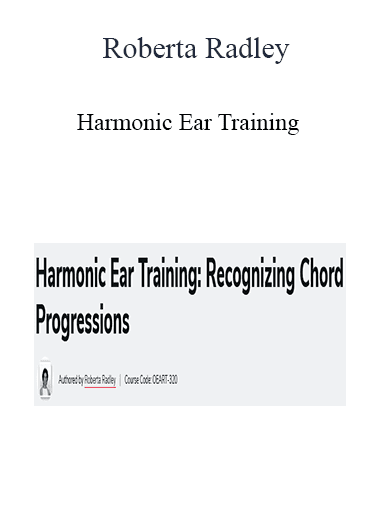
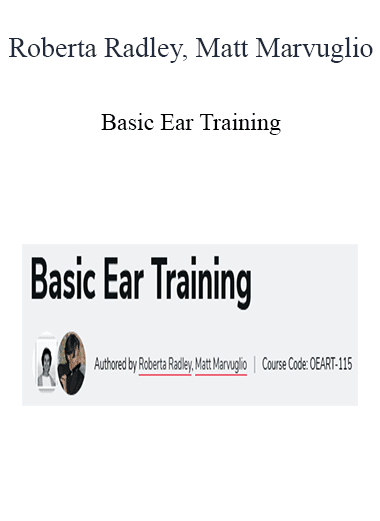
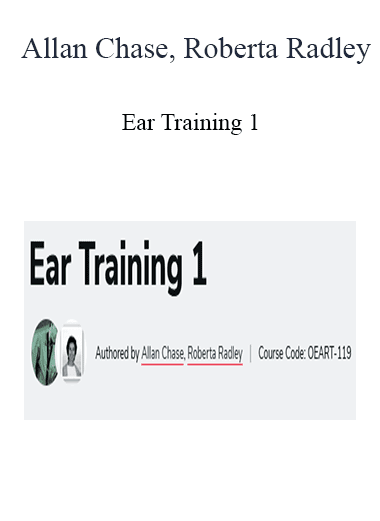
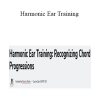
7 reviews for Roberta Radley – Harmonic Ear Training: Recognizing Chord Progressions
There are no reviews yet.